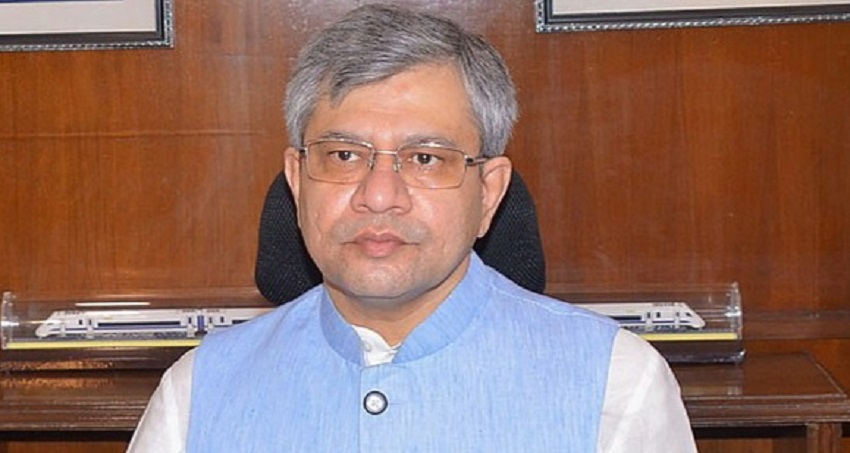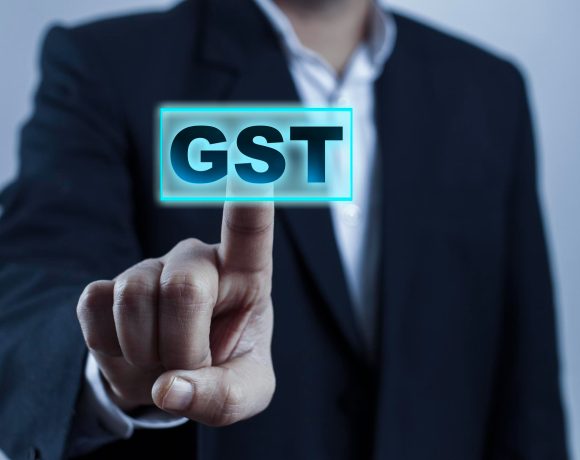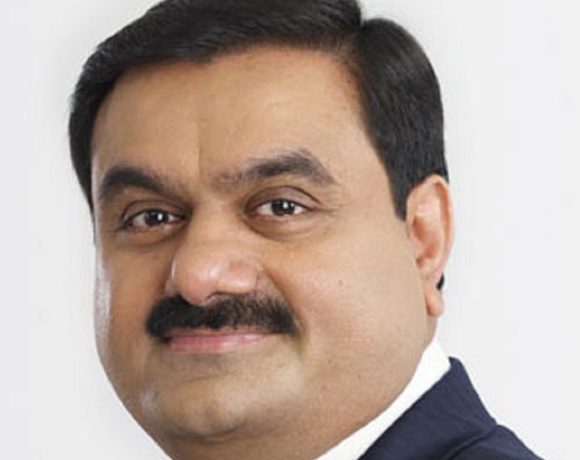
India’s First 28-90nm Chip to Launch This Year
Union Minister for Electronics and IT Ashwini Vaishnaw has announced that India’s first indigenous semiconductor chip, ranging between 28 to 90 nanometers, will be rolled out within this year. This development marks a pivotal moment in India’s ambition to become self-reliant in semiconductor technology, which is critical to the electronics and automotive industries.
“Today we have six units under construction. First made in India chip of 28-90 nm will roll out this year. We started manufacturing in 2022,” Vaishnaw said.
The chip is being developed for use in core industrial sectors such as automotive, telecom, power, and transportation. These sectors are highly dependent on efficient and scalable semiconductor solutions, and the 28-90nm node is considered optimal for such applications.
Semiconductor Manufacturing Infrastructure Expands
India’s semiconductor journey is being spearheaded by the India Semiconductor Mission. According to Vaishnaw, six fabrication facilities are currently under construction as part of this national initiative. Manufacturing began in 2022, and the first chip is expected to emerge from Tata Electronics’ unit in Assam.
Another major manufacturing hub is coming up in Uttar Pradesh, in a partnership between HCL and Foxconn. These facilities are expected to significantly reduce India’s dependence on imported chips and strengthen its supply chain resilience in the face of global semiconductor shortages.
Government officials have emphasized that this move is not just about hardware but also about creating a robust intellectual property ecosystem. The vision includes design capabilities, standardization, and homegrown tech products.
India’s AI and Rail Sectors Also in Focus
Ashwini Vaishnaw also highlighted India’s ambition in artificial intelligence. He stressed the need for AI models rooted in Indian languages, social norms, and culture, noting that the AI startup Sarvam is already working on such a model. According to the minister, this approach is vital to ensure that AI aligns with the country’s diversity and governance needs.
In his capacity as Railways Minister, Vaishnaw revealed that Indian Railways has become the second-largest freight carrier globally, transporting 1,612 million tonnes—surpassing the United States and Russia. He also spoke of increased passenger capacity and ongoing policy reforms that will allow startups to innovate within the sector.
As India continues to modernize its core infrastructure and position itself as a global tech manufacturing hub, the launch of its first homegrown semiconductor chip is expected to trigger a new era of industrial and technological growth.


















